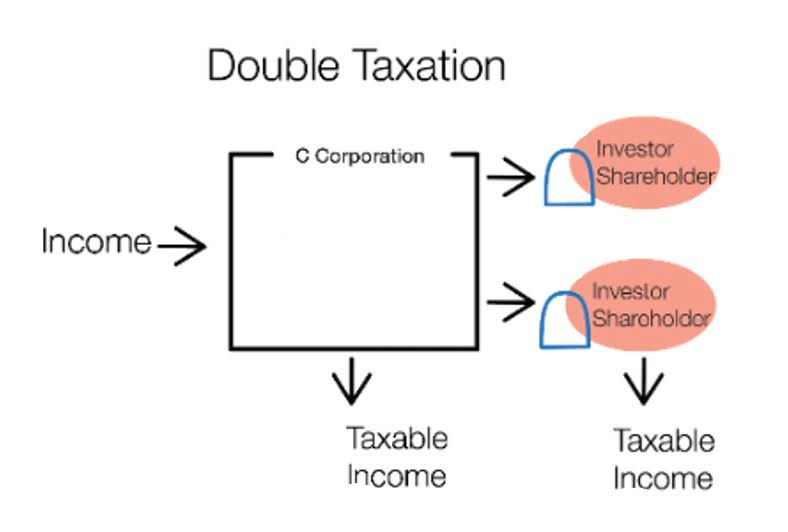
Understanding these regulations ensures compliance and sustains the organization’s mission. If a nonprofit’s financial position opens it up for an audit, one possible scenario is the field audit. This involves an on-site visit by an IRS agent to discover where and how financial information is maintained. The agent may also quiz staff as to the state of internal controls and other procedures that ensure accuracy and integrity. In fact, one or more IRS agents may participate, depending on the size of the nonprofit organization.
Operational Audits
This process will help strengthen public confidence in the organization’s financial transparency as well as give members an opportunity to share their feedback. By understanding the goals behind an audit, nonprofits can strive for greater accountability and improved long-term success. For both seasoned nonprofit professionals and newcomers to the world of charitable organizations, the term “audit” is likely familiar. Let’s dive into the fascinating (yes, fascinating!) world of nonprofit audits and find out which states require them. Experienced accountants understand the specific regulations nonprofits face and can help ensure you meet all audit requirements.
- Absent the curiosity of the IRS, nonprofit leaders may seek audited financial records for other reasons.
- The IRS typically issues a closing letter at the end of a compliance check, but not at the end of a compliance check questionnaire.
- One of the most effective ways to ensure financial integrity is through audited financial statements.
- Donors, grantors and other stakeholders view audits for evaluating an organization’s financial health.
- Regardless of the sector, audited financial statements play a vital role in fostering trust, enhancing financial management, and supporting informed decision-making.
- Navigating the maze of nonprofit audit requirements can feel overwhelming, especially when each state has its own set of rules.
- Leaders should review every invoice and check to ensure that they are being paid for a legitimate purpose.
Understanding Nonprofit Audits

This blog post delves into the intricacies of audited financial statements, exploring their importance, the challenges involved, and the best practices for preparing them. Whether you are a nonprofit leader, an accountant, or a financial manager, understanding the nuances of audited financial statements will equip you with the knowledge needed to navigate this critical aspect of financial reporting. For instance, California requires audits for nonprofits with gross revenues over $2 million, while New York sets the threshold at $750,000. These different thresholds depend on financial metrics like revenue, contributions, or expenses.

Improving Financial Practices
Also, the federal Office of Management and Budget says that if your nonprofit spends $500,000 or more in federal funds in a year, you’ll have to get a single audit. For example, if your nonprofit is based in California and you have a gross income of $2 million or more, you will be required to get annual audits. We’ve made the process easier for you by creating a free nonprofit audit checklist to keep handy for the right time or get started right away. Nonprofits that do this will hire an auditor for a complete review of their financial records. Nonprofits may be surprised when they realize that the request for a nonprofit audit may come from many sources.


During the research process, your auditing committee must have a clear idea of how long the audit will take and how much working with the auditor will cost. The best way to determine this for each option is by asking for a request for proposal (RFP). When auditing becomes a standard practice within your organization, your board, staff, volunteers, and donors understand their responsibilities and hold themselves and others accountable. The IRS will audit your nonprofit if there are discrepancies in your tax reports, but instances of this are few and far Accounting for Churches between.
- This would be classified in your audit report as a significant deficiency.
- If a Single Audit is required, the nonprofit may include the cost of the audit in the organization’s direct costs.
- This ultimately supports their programmatic goals and strengthens their overall impact.
- A deficiency in operation exists when a properly designed control does not operate as designed or when the person performing the control does not possess the necessary authority or qualifications to perform the control effectively.
- This can result in penalties, worse yet material fraud, including misappropriation of funds.
Provide an RFP
- Let’s get started by making sure we’re all on the same page about what exactly a nonprofit audit entails.
- Regular audits build transparency within an organization by validating financial statements.
- But without at least a financial review, you’re probably out of luck when it comes to most grants.
- Since you’ll have plenty of time to plan for most audits, you can take time to research and prepare.
- One or a group of IRS agents show up to your organization and begin to file through your financial paperwork.
They stay current on state laws and funding guidelines, reducing the risk of non-compliance and penalties and providing security in your financial operations. Some of these are required by other federal or state government audit requirements for nonprofits organizations, foundations, or nonprofits themselves. Preparing for a nonprofit audit checklist can serve as a valuable tool to keep track of all items listed in the PBC.

The Importance of Choosing the Right Nonprofit Auditor
Outsourcing your accounting allows your team to focus more on your mission than getting bogged down by paperwork. The national and state laws governing nonprofit organizations and their audited financial statements are myriad and sometimes confusing. A financial audit might be expected for many reasons such as organization how is sales tax calculated size, the nature of its work, foundations e.g. the sources of its funding, or if it is a party to government contracts. However, nonprofit audits don’t have to be complicated if you understand, more or less, how they work.





 Total Visit : 338362
Total Visit : 338362